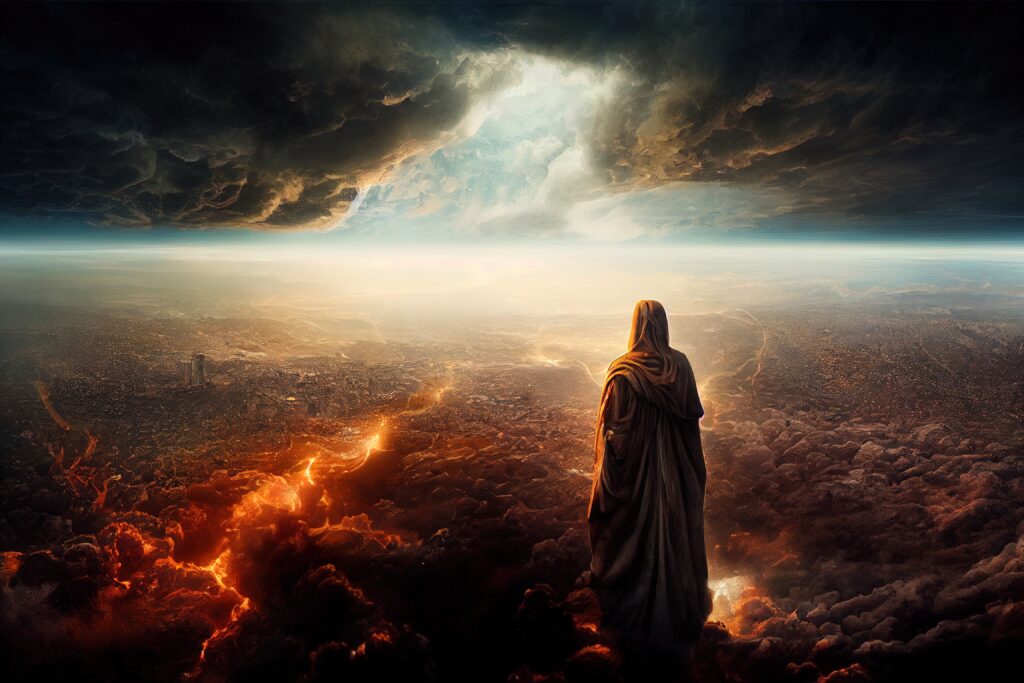
An All-inclusive Pronoun
‘The Spirit and the bride say, “Come.” And let the one who hears say, “Come.” And let the one who is thirsty come; let the one who desires, take the water of life without cost.’ – Revelation 22:17 NASB.
However you look at it, the pronoun is all inclusive. There is no exclusion zone around the cross. Everyone is invited. (c.f. John 3:16) The NKJV has the word ‘whosoever’ the NLT and NIV ‘anyone’, here it is ‘the one.
Isn’t it amazing how many people wait until their death-bed to apologise to either a family member or a friend? It seems that when people are bed-ridden, or in a weakened state, or near death, they start to contemplate their life and the impact that they might have had on people.
Why do people wait until the end? Why do they wait until it is too late to undo the harmed feelings that have partially destroyed someone else’s life? Why didn’t they make their amends when it would have done some good instead of waiting until they knew others would have pity on them? Is this not cowardice? Is this not fear? Is not this human pride?
People do not like to risk being made a fool. The fear of appearing to be foolish, or wrong, is so strong in most of us that we spend our lives pretending that everything is OK.
We are afraid to admit we were wrong, afraid to appear foolish to others.
But who was the biggest fool that ever lived, according to human standards? Who was totally humiliated in order to re-establish a relationship with you and me? Christ, of course! He never once feared making a fool of Himself. Even when others jeered, “He saved others, but He can’t save Himself!” He became the biggest fool that ever lived so that the real fools might come to love Him as He loved us. He put relationship before his own pride. Tempted to come down from the foolish cross, He still reached out to us, not caring if people called Him foolish.
The Book of Revelation, as we have seen, is full of strange stories and even stranger creatures. It would be easy to get the impression that war, famine, pestilence, and judgment are the primary themes of the book. But our text for today reminds us that the primary theme of the book is the “Revelation of Jesus Christ.” Revelation reveals that salvation in Christ came at infinite cost, yet it is absolutely free to us. But the foolishness of the human heart rebels against receiving anything that hasn’t been earned. We, humans, fear the foolishness of admitting we are wrong, that we need what Christ offers (Rev.3:17). But in His sacrifice, we see that it is foolish pride that causes us to postpone the day of our salvation. Do we feel unworthy, not good enough? These are the devil’s lies. The invitation is COME. The ‘C’ stands for children, the ‘O’ for older people, the ‘M’ for middle aged people and the ‘E’ is for everyone. There is no exclusion Zone around the cross.
Is it a coincidence that the last invitation in all of the Bible involves “the water of life.” Reflect on the history of this phrase – right back to creation when The Spirit of God moved on the face of the deep and brought forth (resurrected) land and life from the waters. Then there was the river in the garden of Eden. Or when Moses struck the rock (twice) and brought forth water in the desert. Maybe you are having a desert experience and need this life-giving water. Then the symbol of water was incorporated into the Feast of Tabernacles as a reminder of the desert wanderings and Yahweh’s miraculous supply of water and His Shikinah presence of glory in the most Holy Place. Jesus then goes to the Feast of Tabernacles (His birthday) and takes all the symbols to Himself. On the waterless day (the 8th) He declared “If any man thirst let Him come to me and drink… rivers of living water.” (John 7:37). Prior to this he had declared to the women at the well, “whoever drinks of the water I shall give shall never thirst again.” John 4:14. Jesus was alluding to Jeremiah 2:13 where God had declared Himself to be the fountain of living water. We are washed and saved in the waters of Baptism through the regeneration of the Holy Spirit (Titus 3:6). Like Israel’s baptism in the Red Sea, we have passed from one life to another through this symbolic act.
The “living water” is a Christological type as well as a metaphor of salvation pointing to God’s most inherent traits. He wants to save us, sustain us and fill us with His continuous presence. This is God as He reveals himself through types and symbols of the Old Testament and the New.
Whatever we exchange Him for, will always shortchange us.
